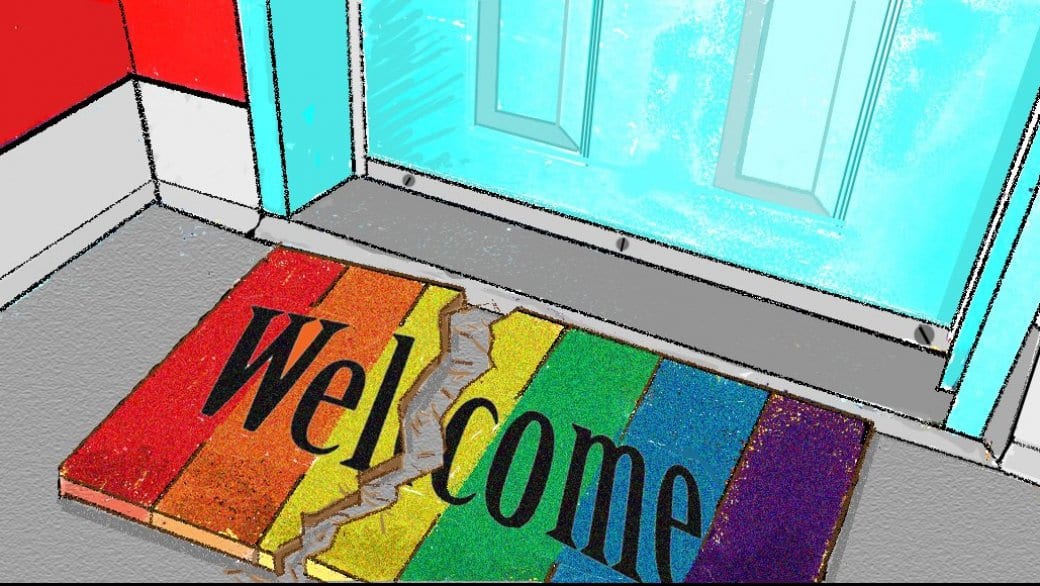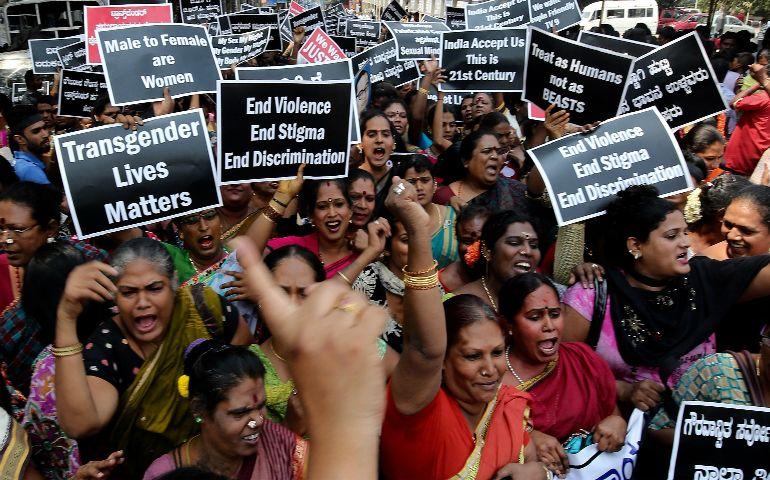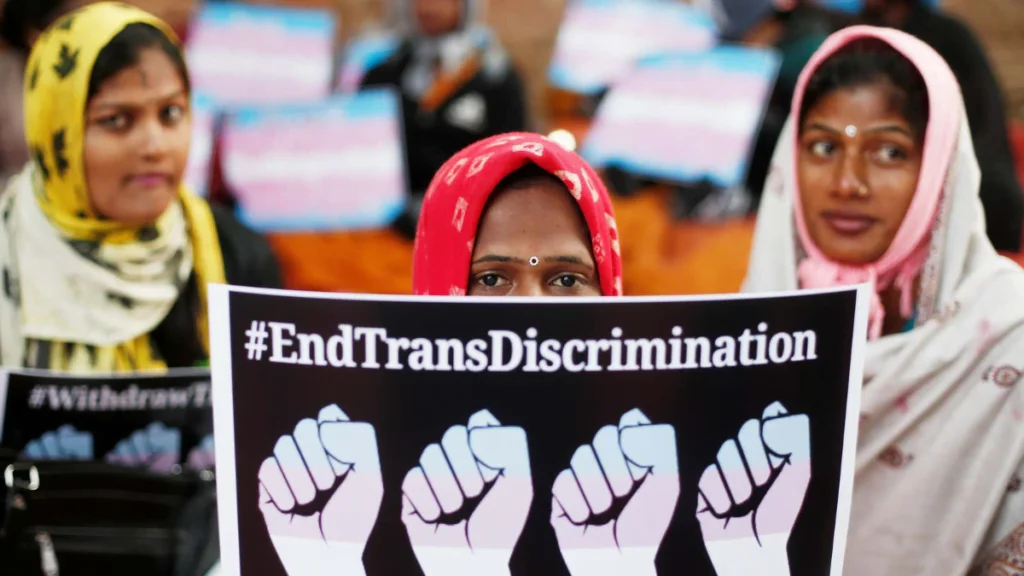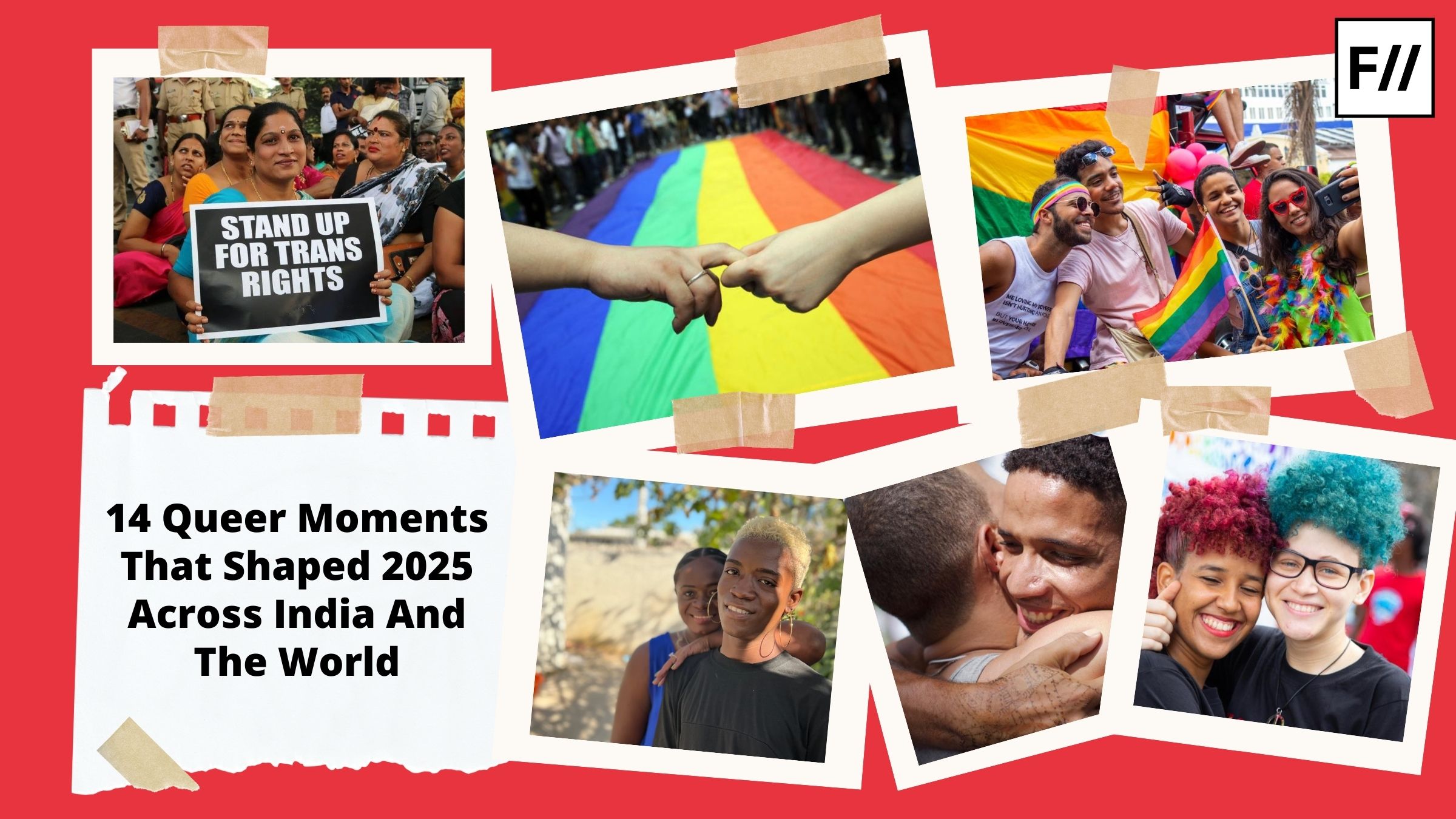The Telangana state government has recently announced plans to employ members of the transgender community as traffic volunteers to help curb the traffic jams in Hyderabad. Describes as a ‘government recruitment cum social welfare program‘, the official notification was released on the government website on 13th September 2024.
The announcement
Let us break down the points made in the announcement. Firstly, it says that the move is ‘without parallels in India or globally‘. It is worth noting that there have been multiple government schemes for the employment of transgender people in India, and some have fulfilled the criteria of being special welfare programs as well.
It is worth noting that there have been multiple government schemes for the employment of transgender people in India, and some have fulfilled the criteria of being special welfare programs as well.
The Election Commission of India employed transgender people as booth-level officers in Bihar in the 2024 Lok Sabha elections. The Kerala Management Disaster Authority has recruited transgender people in 2021 as frontline workers and to run awareness campaigns and has published a follow-up report on their work in 2023. There are multiple global examples of this as well. Pakistan has employed them through their revenue department in 2024. Brazil and Columbia have been hiring them as public educators since 2018. Nepal employed them as census enumerators in 2021 to better conduct their survey of the transgender population.
Moreover, the press release on the Telangana website has two contradicting statements. They state that this program is to curb the problem of traffic jams in the state, particularly in Hyderabad. In the very next line they state that Hyderabad is an example for other metropolis due to not having many traffic jams. A simple Google search shows multiple articles about traffic jams being a considerable issue in Hyderabad, and so does the data. None of this is to say that the program, if implemented properly, would not help the transgender community, but that this kind of blatant self-inflation leaves a bad taste in the mouth as it indicates tokenistic motivations to help the community.
That is definitely a question that comes to mind- is this move tokenism or inclusion? The answer to that is more complicated than one might think. Most schemes in India implemented for the benefit of the transgender community belong to both these factions. Some specific examples of such government welfare schemes will explain this complexity better.
Past government initiatives for the trans community
One such example is the infamous Garima Greh scheme. It was launched as part of Support for Marginalised Individuals for Livelihood & Enterprise (SMILE), a scheme launched by the Ministry of Social Justice & Empowerment. Garima Grehs are shelter homes created exclusively for transgender people facing homelessness and unemployment. They are to provide medical care, counselling, skill and occupational training as well as community and recreational activities. The resident must be above 18 and below 60 and may stay up to one year at the shelter.
Garima Grehs are shelter homes created exclusively for transgender people facing homelessness and unemployment.
Although wonderful in theory, the scheme has many issues. Issues in the planning itself are that it does not permit trans persons engaged in beggary or sex work and requires official trans identification. Trans people engaged in beggary or sex work are more than often forced to do so and are among the most vulnerable within the community. They deserve access to such government schemes.
As for requiring official trans documentation, there are a couple of problems with that. The first is that acquiring it requires other documentation, and many trans people are forced to run away from home without these important documents. Moreover, according to data from 2023, only 50% of applications have been processed for the documents. There are only 12 homes so far, which is not nearly enough for a growing population.
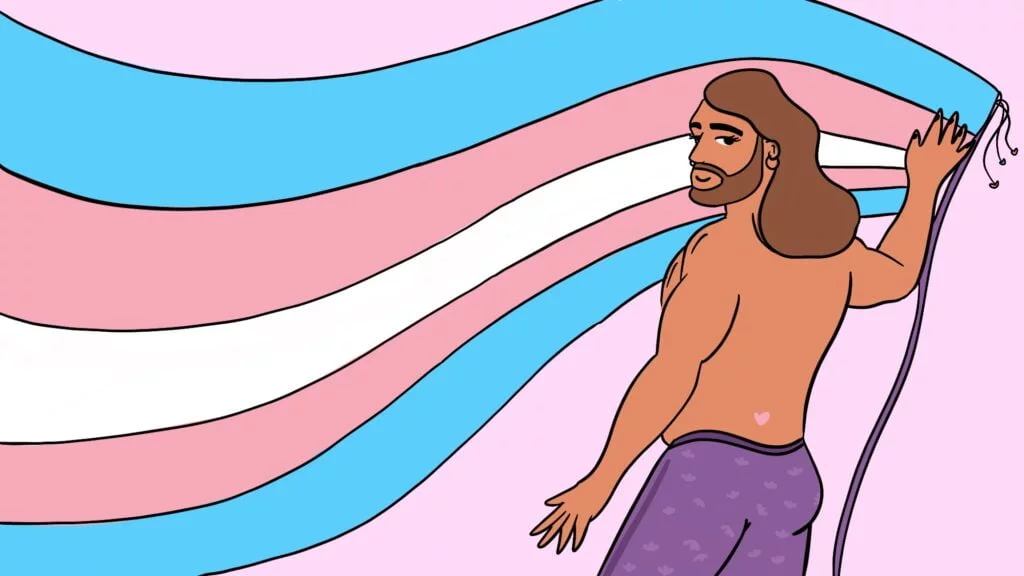
Implementation (or lack thereof) has revealed a whole other set of issues. The biggest one is that the government has been withholding 20% of the promised funding of 365 crores for around two years, leaving the homes desperate and dependent on donations. Many are on the verge of collapse. There are multiple lapses of security, reports of police forcefully entering and harassing the residents, and some homes not admitting trans couples.
Another example is the Kochi Metro Rail Project by Kochi Metro Rail Limited (KMRL). When the project began, it made headlines for its plans to train and employ transgender people in various roles. 23 people were hired. But the reality has been far from perfect and riddles with issues, leading many to quit. Firstly, these jobs are outsourced but were disguised as government employment. The work environment is hostile both due to the general public and their coworkers. The shelter home provided is on the outskirts of the city, making commute difficult. Even the shelter home employees engage in transphobic discrimination. Moreover, the pay is abysmal.
In a similar vein, there is the Pride Station. An initiative by the Noida Metro Rail Corporation (NMRC), it is a station on the NOIDA metro dedicated to the LGBTQ+ community that hired trans people. However, it had issues similar to those at KMRL- with zero benefits, zero sick leave, and contract-based employment.
Have these initiatives had substantial impact?
But can we dismiss these initiatives because of these drawbacks? While one might feel tempted to do so, that is not the ground reality, which is more complex. Despite anxiety around the lack of security at the Garima Greh shelter homes, many residents have expressed how they feel that the Garima Grehs have been a ‘safe-haven‘ for them. Despite drawbacks, they have found community there.
Employees of KMRL have said that despite facing microaggressions, they feel they have earned some dignity working jobs deemed respectable, and they would rather be underpaid than have to return to begging or sex work.
Employees of KMRL have said that despite facing microaggressions, they feel they have earned some dignity working jobs deemed respectable, and they would rather be underpaid than have to return to begging or sex work. Similarly, those employed at Pride Station, NOIDA, have expressed that while they feel they have earned the right to be permanent employees, the job has provided them with a life of dignity that seemed out of reach. Why does there appear to be a pattern of duality in such schemes being both helpful and exploitative?
Simply put, the way these schemes are implemented is exploitative. The individuals of the transgender community accessing these schemes are well aware of this, but they do not have the luxury of choosing not to access them. The trans community is extremely vulnerable in our country and is forced to accept whatever little help they can get and swallow their completely justified discomforts.
Aside from these misguided welfare schemes, trans people face many other issues, such as exclusion from social and cultural participation and lack of access to resources due to prejudice, which only deepens an existing socio-economic disparity. There is a lack of recognition from families, healthcare issues, and denial of common privileges of citizens, such as hurdles in place that make it harder for them to vote. These welfare schemes that often seem detached from reality reveal something scholars and activists have been voicing – that the transgender rights movements in India have largely emphasised identity as the centre, with health and human and legal rights issues merely existing as surrounding talking points.
Telangana government and the trans community
This is reflected in the Telangana initiative as well. Multiple news outlets have reported that the trans people employed as traffic volunteers would have a uniform designed specifically for them. This feels like a tokenistic move as it would not do much for the community in a substantial way. In fact, it may make those working on the roads hyper-visible and prone to facing violence, which again shows how detached from reality these schemes can be.
The Telangana state government has tried and failed to help the transgender community before. In 2021, a transgender help desk was set up at a police station in Hyderabad to encourage trans people to report any harassment they face to the police. It was also supposed to direct persons to skill training programs, counselling services and legal aid.
For a while, it was successful, especially after a trans receptionist was hired. But despite promises, it remains the only such desk in the entire city, which is now gathering dust. According to reports, police simply did not receive adequate training on trans-specific issues and struggled with filing cases under IPC.
It is clear that a lot of these schemes are blatant tokenism. However, the most marginalised cannot pick and choose what schemes to access based on intentions. In reality, these tokenistic moves become inclusion for the most marginalised, which is what makes exploitation even easier for those in power. They are well aware of the desperation the community faces and use it for personal gain by only following through on half their promises.
Ultimately, the initiative by the Telangana government cannot be judged until more details are released to the public. It seems there are some tokenistic motivations as the announcement was made without any concrete timeline for implementation and used manipulative language to inflate the government’s successes. Moreover, the plans to make trans-specific uniforms would only benefit the state government, which will be able to make their initiative visible. But this does not mean that the initiative is without hope. If implemented properly, it could genuinely help the community.

Some things the Telangana government can do to ensure the initiative is effective is to offer fair wages with benefits, avenues to permanent employment and growth and mandatory sensitivity training for all employees. There should be a clear recourse in case of any harassment faced by a trans employee, and a committee should be formed to address their concerns, which itself should also hire trans individuals. The scheme should be formed with input from the community itself. We hope the Telangana government announces details and a concrete timeline for implementation soon and that the initiative helps uplift the trans community.
About the author(s)
Jyni Verma is a writer with a focus on gender, intersectionality, social justice issues and cultural analysis. They are currently pursuing their masters in sociology at Jamia Millia Islamia.
